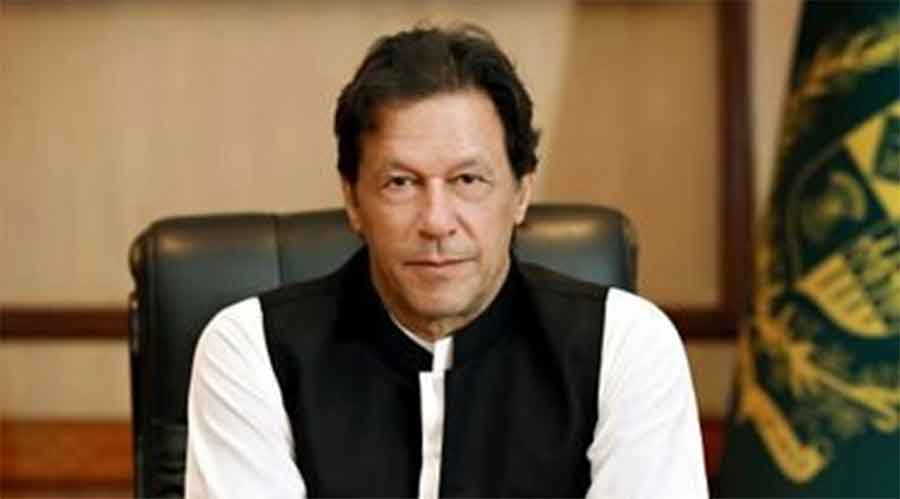Pakistan’s Parliament on Tuesday began debates on a resolution calling for the expulsion of France’s ambassador, a move widely seen as a capitulation by the government to a militant Islamist party that has led large protests and clashed with the police.
The resolution proposed by the government illustrates how deeply unsettled Prime Minister Imran Khan’s administration feels amid a reeling economy, a new wave of coronavirus infections and spreading social unrest.
It also suggests the party, Tehreek-e-Labaik Pakistan, which has capitalised on public anger over the publication of caricatures depicting the Prophet Muhammad in France, could pose a major threat to Pakistan’s stability.
Just a week ago, the government declared Tehreek-e-Labaik a terrorist group and banned it. At least four police officers have been killed in clashes with the group, and at least 11 officers have at one point been taken hostage. Police officials acknowledged the death of three protesters, but the party claims that a larger number of their supporters have been killed.
Intermittent protests since last winter were sparked by President Emmanuel Macron of France, who last year gave a defiant eulogy for a French teacher who was murdered after showing caricatures of the Prophet Muhammad in a classroom.
Macron said the teacher, Samuel Paty, was killed “because the Islamists want our future and they know that with quiet heroes like him they will never have it”.
That provoked members of Tehreek-e-Labaik, which sees itself as a protector of Islam’s honour at home and abroad. The party has built a wide base of support in recent years, rallying around cases of perceived blasphemy, which is punishable by death in Pakistan.
The protests intensified after the government last week arrested Saad Hussain Rizvi, the party’s 26-year old leader, in a pre-emptive move to scuttle his calls for large gatherings.
In a deal reached in November to call off similar protests, Khan’s government agreed to hold a parliamentary vote on the expulsion of the French ambassador. In an effort to hold the government to the agreement, the group returned to the streets last week. Soon after the government declared the group a terrorist organisation, it found itself in the awkward position of negotiating with it.
Pakistan has long struggled with militant groups on the margins.
The Pakistani Taliban, for instance, has waged an insurgency from the vast tribal areas bordering Afghanistan.
Tehreek-e-Labaik poses a thornier challenge. It draws its support from the Barelvi school of Islam, to which a majority of Pakistanis belong.
It has shown it can mobilise large crowds to major urban centres by targeting emotional issues like protecting the honour of the Prophet Muhammad.
The group’s main rallying cry has been to call for decapitation as the only response to those who disrespect the Prophet.
With their anti-blasphemy campaigns, the party seems to have drawn such wide appeal that even the Pakistani Taliban and its allied groups, who in the past killed Barelvi leaders and bombed Sufi shrines associated with them, recently announced support for the Tahreek-e-Labaik protests.
“We stand with those who sacrificed their lives for the honour of the Prophet,” the Pakistani Taliban in a statement, advising that “armed struggle against them is the only solution”.
New York Times News Service

